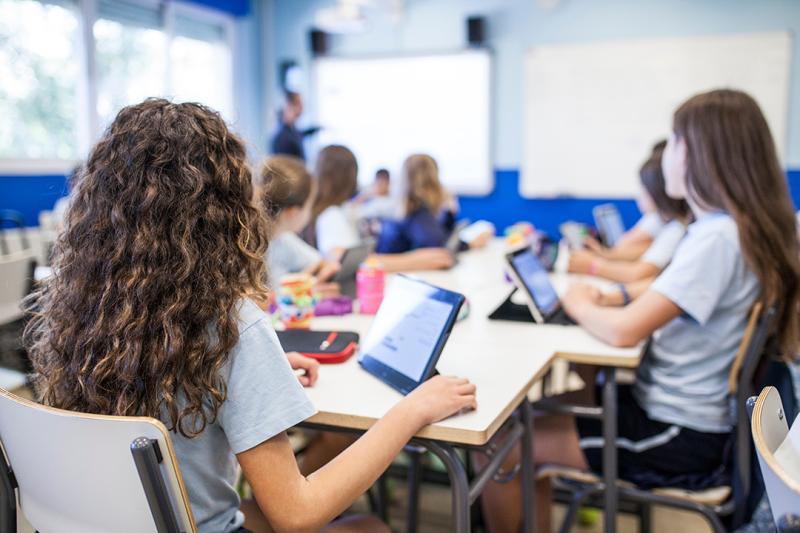Self-care & health: By all, for all – Learning from COVID-19

Public messaging from Australian governments in response to the Coronavirus Disease 2019 (COVID-19) pandemic has emphasised the importance of self-care. Self-caring activities such as social distancing, wearing face masks and other preventative hygiene measures have been pivotal to the response to the disease by Australian governments and many other governments worldwide.
The national campaign to tackle the virus with social measures deployed by citizens as well as the use of traditional public health interventions such as testing and contact tracing has been supported vigorously by a range of governments, organisations, nongovernmental organisations (NGOs), media outlets and influencers in many sectors. The key message is that staying home and observing government guidelines is ‘doing your bit’ for others as well as yourself.
At the same time, healthcare systems and organisations have undergone extraordinary and rapid transformation, implementing with speed and at a scale changes that were unimaginable a few months ago. The changes include telemedicine, digital triage, and integrated care systems to assist in the management of caseloads and new workforce models involving multidisciplinary teamwork and role flexibility. These changes have the potential to address a range of long-standing inefficiencies and inequities in current operational models, and have been embraced by healthcare professionals and services.
Several observations emerge from the experience of the pandemic. The most important of these are as follows:
- It is now clear that the management of health risks arising from infectious diseases necessarily involves actions by individuals as well as by health services and governments.
- Health services have demonstrated through changed processes and practices that they have a role in helping people prevent infectious disease and remain healthy during a public health crisis. Health care providers can apply the emerging evidence regarding service delivery to prevent and manage both infectious and chronic disease and support better self-care and self-management by individuals and communities.
- The strong emphasis by health leaders and policy makers that self-care happens in a social context, and that the benefits of good self-care reach far beyond the individual to society at large, has clear implications for the ethos and priorities of future health policy. The lessons of the COVID-19 pandemic highlight a necessary direction for health policy, emphasising and investing in prevention and strengthening the health resilience of the population by enabling better self-care by all.



